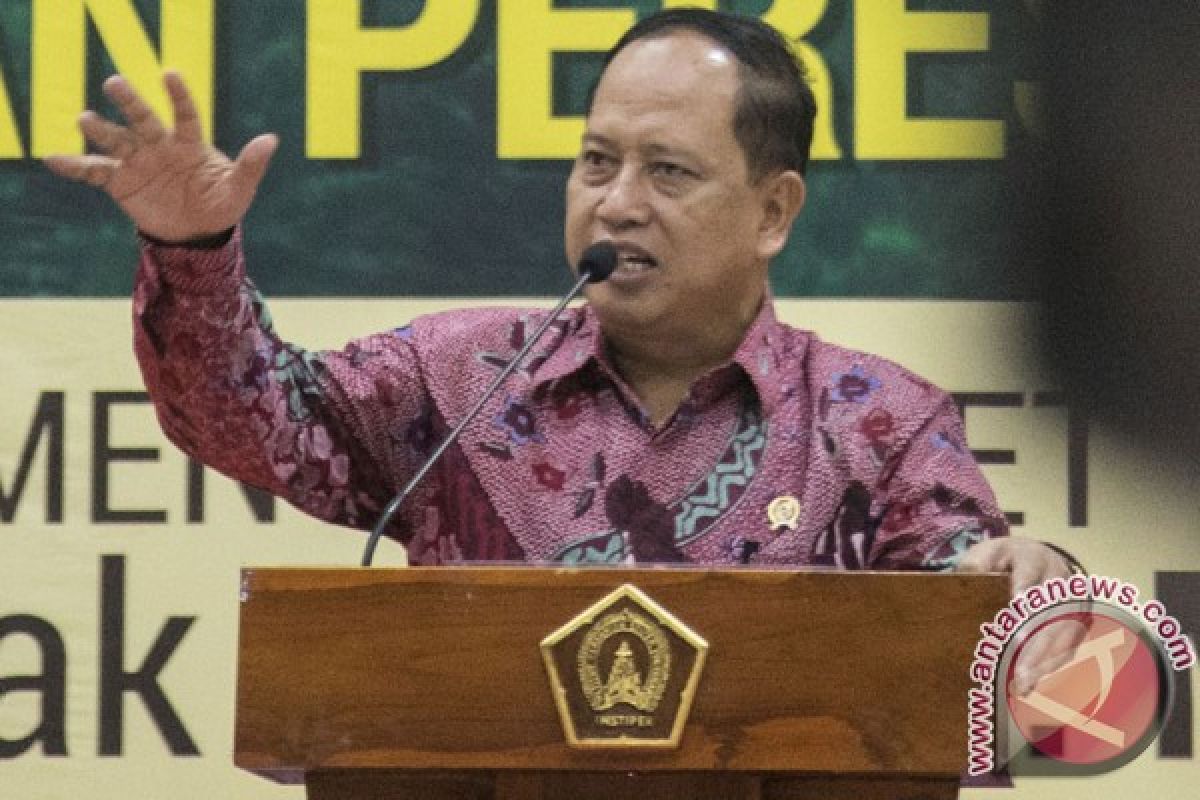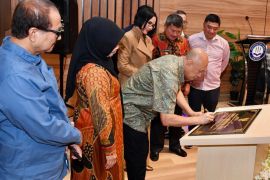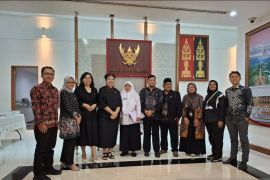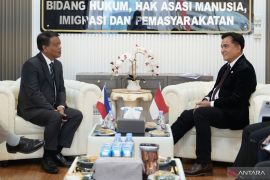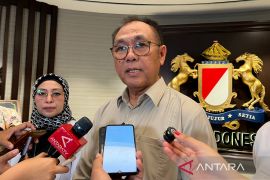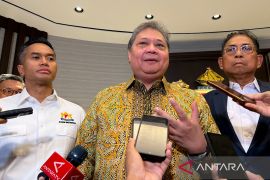"Our target is two (universities). We are now preparing the regulations," Nasir revealed after a briefing on the impact of Industrial Revolution 4.0 for lecturers and rectors of all universities in Central Java at the Diponegoro University, Semarang, on Wednesday.
Several representatives of foreign universities from Australia, the United Kingdom, the United States, and Taiwan have expressed interest to start their degree programs in the country.
Law No 12 of 2012 on Higher Education facilitates foreign universities to operate in Indonesia.
Among the specified requirements to be met by those universities are teaching courses on the Pancasila state ideology, Constitution of 1945, religions, and Bahasa Indonesia.
The regulations also encompass a mandatory partnership with local private universities. In addition, the only majors they are allowed to offer are in the fields of science, technology, engineering, and mathematics.
Only high-quality foreign universities will be considered, and their local arm must be located in strategic regions, such as Jakarta.
"We will form a special economic zone for education," Nasir added.
The government has set a target to allow foreign universities to operate in Indonesia in the hope that it will benefit the country and prevent its youth from spending exorbitant sums of money to gain higher education abroad.
The presence of foreign universities in Indonesia is believed to help spur competitiveness among private universities, which, according to a recent survey, are of questionable quality.
Indonesia is home to 3,276 universities, 96.28 percent of which are privately run, according to the higher education ministry`s data. Last year, it published a survey that placed 74.4 percent of the private universities in its two lowest clusters, indicating subpar quality.
Meanwhile, all Indonesian universities included in the 2018 Quacquarelli Symonds Best 500 World University are state-run: UI, the Bandung Institute of Technology, and Gadjah Mada University.
Minister Nasir has proposed a merger scheme for substandard private universities, highlighting the need for the country to have a competitive higher education system.
"Moreover, we will facilitate foreign universities to enter Indonesia, with a capital involvement of up to 67 percent," he revealed.
However, experts doubt the plan would boost competitiveness, fearing that it may overlook the primary objective of improving the quality of local private universities, the Jakarta Post reported.
"The policy to allow foreign universities to operate in Indonesia will divert the attention from efforts to improve the quality of national universities," educational expert Said Hamid Hasan stated.
He noted that this situation could be averted by restricting the number of lecturers and university executives from abroad and by prioritizing the recruitment of students from remote and marginalized regions.
Indonesian Private Universities Association Chairman Budi Djatmiko noted that the arrival of foreign universities in Indonesia was "inevitable in this digital era," yet opposed the time frame for implementing the plan this year without the support of a thorough government regulation.
Illah Sailah of the Private University Coordinator for Jakarta echoed similar concerns over the absence of a regulation. She also cited the 2012 Law on Education that requires foreign educational institutions operating in Indonesia to be non-profit and exclusively offer much-needed study programs.
Reported by Desi Purnamawati
Y013/INE
(T.Y013/A/KR-BSR/A/H-YH)
Reporter: antara
Editor: Heru Purwanto
Copyright © ANTARA 2018
